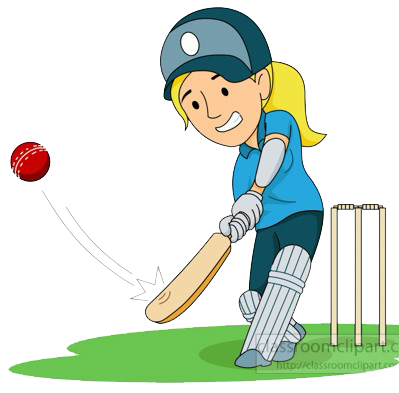WHAT ARE CONDITIONAL SENTENCES?
Look at the following sentences and see the structure:

If you waste your time, you will suffer in future. If you fail, your mother will be unhappy.
You’ve seen that,
- Every Conditional Sentence has two Clauses- one Dependent Clause and the other Independent Clause.
- Dependent Clause begins with If and it expresses condition.
- Independent Clause expresses the Result.
Generally, we use If-Clause at the beginning of the sentence. But we can use the if-clause after the main clause also.
She will buy ice cream if she goes to the store.
There are three types of Conditional Sentences:
1. 1st Conditional=If + Present + will
Or, If + Present + Present
2. 2nd Conditional=If + Past + would
3. 3rd Conditional=If + Past Perfect + would have + Past Participle
Remember that only 1st conditional expresses real condition. Second and third conditional sentences express unreal or imaginary improbable condition.
Let us now learn the three types of conditionals.
1. 1st Conditional=If + Present + will
First Conditional expresses a Condition which can really happen.
The If-Clause of a First Conditional is in Present Tense; the other Clause is future (will + verb).
If you do not waste your time, you will pass. If you do not read, you will fail in the examination. If you invite me, I will go. If you study more, you will learn more./div> But the independent clause can also be in present simple if:- It expresses fact: If water boils, it will turn to steam. It expresses Habit: If he eats breakfast, he will feel better all day. We can replace if with when/ whenever: When he eats breakfast, he feels better all day. It expresses Imagination: If I can do it, anyone can do it. If it is raining, the streets are getting wet. If he was at school, he saw the accident. What we learnt so far: In Real and Predictive conditional sentences, we use if + present + present or if + present + future structures. Structure: If + Present + Present / will 2. 2nd Conditional Sentence=If + Past + would The second Conditional Sentence is a kind of Imaginative Improbable Conditional Sentence. In this case, we use the structure: If + Past + would/ could/ might. Although we use past tense in second conditional sentence, it expresses present or future time. So, the past tense in this sentence is called unreal past tense. The actions expressed in a past conditional never takes place really. If she knew the answer, she would tell us. If I were you, I would not do that. If she studied for exams, she would get better grades. If it were raining, the streets would be wet. (I am not you; she doesn’t study for exams; it isn’t raining.) Notice the use of ‘were’ after he, she, it, etc. singular subjects. 3. 3rd Conditional 3rd Conditional Sentence is also an Imaginary Improbable Conditional Sentence. Here we use past perfect tense in the If-Clause and would have + Past Participle in the other clause. Remember that we can also use could and might instead of would. Third conditional expresses past time. If I had got a student visa, I would have gone to London. Had I seen him, I would have helped him. If I had won the lottery, I would have bought a house. If she had known the answer, she would have told us. We are often confused in writing conditional sentences. Here is an easy solution to the problems we face in using conditionals correctly. Name and Structure Example Time If + present + future Present or Future; real If + past + would Present or Future; unreaL If + past perfect + would have Past; unreal

